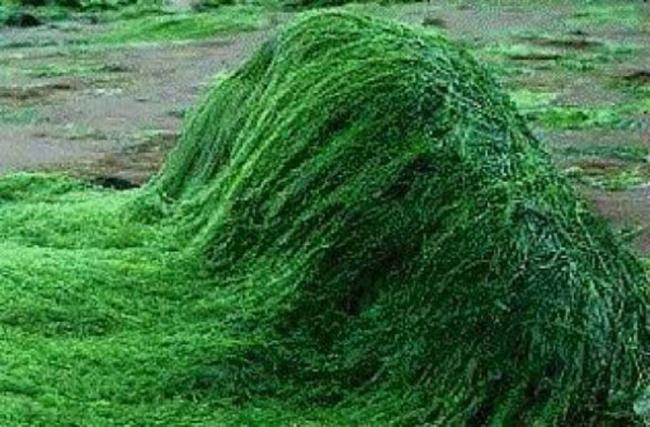Utilisation of Spirulina in buffalo feeding: animal welfare and quality of mozzarella

The project "SPIRALBUF" is concerned with buffalo farming, with the aim of improving the health, reproductive and productive aspects of animals, as well as the organoleptic and nutraceutical properties of mozzarella PDO . These objectives will be pursued using the cyanobacterium Spirulina (Arthrospira platensis) as a feed supplement for dairy buffaloes.
The project will last 36-month. The following activities will be performed: 1. Optimization of Spirulina cultivation procedures to be used as a feed supplement for dairy buffaloes. 2. Feeding trials on dairy buffaloes. 3. cheese-making production of mozzarella PDO, sensory analysis and consumer tests on mozzarella . 4. Economic analysis.
The effects of feed supplementation with different levels of Spirulina in the ration during the pre-partum/peak period of lactation will be assessed. The parameters considered will be the milk quality and yield, the health status and the fertility of the animals. The organoleptic and nutraceutical properties of mozzarella will also be evaluated.
Buffalo farming has a significant impact on the entire regional agro-food system, with annual revenue of over 315 million euros. Although this sector represents a strong and growing activity of Campania region, constraints on production, transformation and distribution are still present.
As for breeding, there are many actions to be taken to rationalize feeding techniques, the efficiency of artificial insemination, and the hygienic-sanitary aspects of farms.
As for cheese-making sector, despite the constant growth in the demand for typical products , there is a remarkable dynamism linked to some specific segments, such as demand of innovative products, with nutritional properties and beneficial effects on human health. In an increasingly competitive mozzarella market, also for buffalo farmers who produce in the POD area there is a need to develop new production strategies to improve product quality.
The project is aimed at improving the state of health, the productive and reproductive aspects of buffaloes, as well as the organoleptic and nutraceutical properties of mozzarella, by using the cyanobacterium Spirulina as feed supplement. Therefore, the innovation is concerned with the development of a specific feed supplementation program. This program may be easily transferred to all buffalo farms as does not require any modification of the equipment usually used in the farms.
Risultati web
Google Traduttore
The expected results are the following: 1) improvement of milk yield and quality; 2) improvement of buffalo fertility with reduction of breeding costs due to the shortening of calving interval; 3) amelioration of animal welfare, due to the improvement of the immune status and the reduction of oxidative stress of animals, with consequent decrease in veterinary expenses; 4) improvement of rumen microbial synthesis, with a reduction in nitrogen excretion in the manure and, therefore, a reduction in the nitrogen load per hectare; 5) improvement of nutraceutical quality and sales price of mozzarella; 6) improvement of farmers' income.
A further expected result is the reduction of Spirulina production cost around 50% compared to conventional production, in order to facilitate its use in the livestock sector as a feed supplement. The possibility of optimizing cultivation procedures with water rich in nitrates (irrigation and well water) or with recycled water, and extraction, filtering and pressing techniques, reducing energy consumption, will make this production more convenient and profitable.
| Titolo/Descrizione | Url | Tipologia |
|---|---|---|
|
Sito web del progetto
|
Sito web
|